Taking care of your home appliances is crucial for extending their lifespan and ensuring they work efficiently. However, many people unknowingly practice housekeeping habits that can do more harm than good. From neglecting routine maintenance to using cleaning products that are too harsh, some habits can cause expensive appliances to break down prematurely. Here are 13 common housekeeping habits that are wrecking your costly appliances and how to avoid them.
1. Overloading the Dishwasher
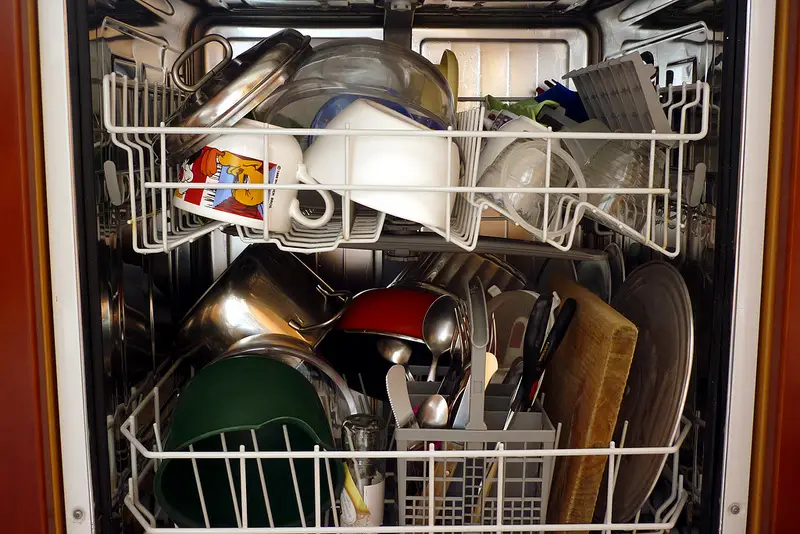
Many people overload their dishwashers in an effort to get more done in a shorter amount of time. However, according to Treehugger, overloading your dishwasher can cause the spray arms to become blocked, leading to poor cleaning results and strain on the motor. This habit forces your appliance to work harder than it should, causing wear and tear over time. If dishes are stacked too high or too close together, water won’t reach every item, resulting in poor performance.
To avoid this, make sure to load your dishwasher according to the manufacturer’s guidelines. Leave enough space between items for water to circulate freely, ensuring a more effective clean. It may take a little more time, but the long-term benefits include better cleaning and fewer repairs. A well-maintained dishwasher will perform better and last longer.
2. Using Harsh Cleaning Products on Stainless Steel
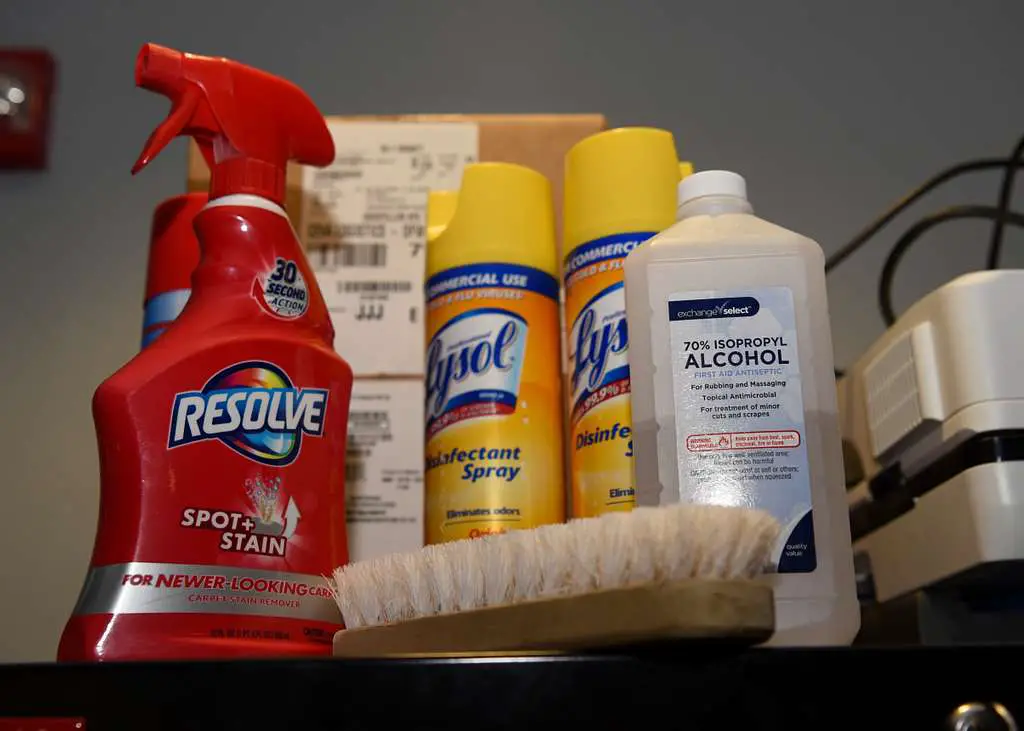
Stainless steel appliances are sleek and durable, but harsh cleaning products can leave permanent marks and even damage the surface. As noted by The Spruce, many common cleaning agents contain abrasive ingredients that can scratch the surface, diminishing its shine and potentially causing corrosion over time. When cleaning stainless steel, it’s important to choose the right cleaner and avoid anything too abrasive that could cause scratches or damage the finish.
Instead, use a mild, non-abrasive cleaner designed specifically for stainless steel. You can also try a mixture of vinegar and water to remove fingerprints and smudges without harming the appliance. Always follow the grain of the steel when wiping, as this will help maintain its sleek appearance and prevent damage. A little care goes a long way in preserving the appearance of your stainless steel appliances.
3. Ignoring the Filter in Your Refrigerator
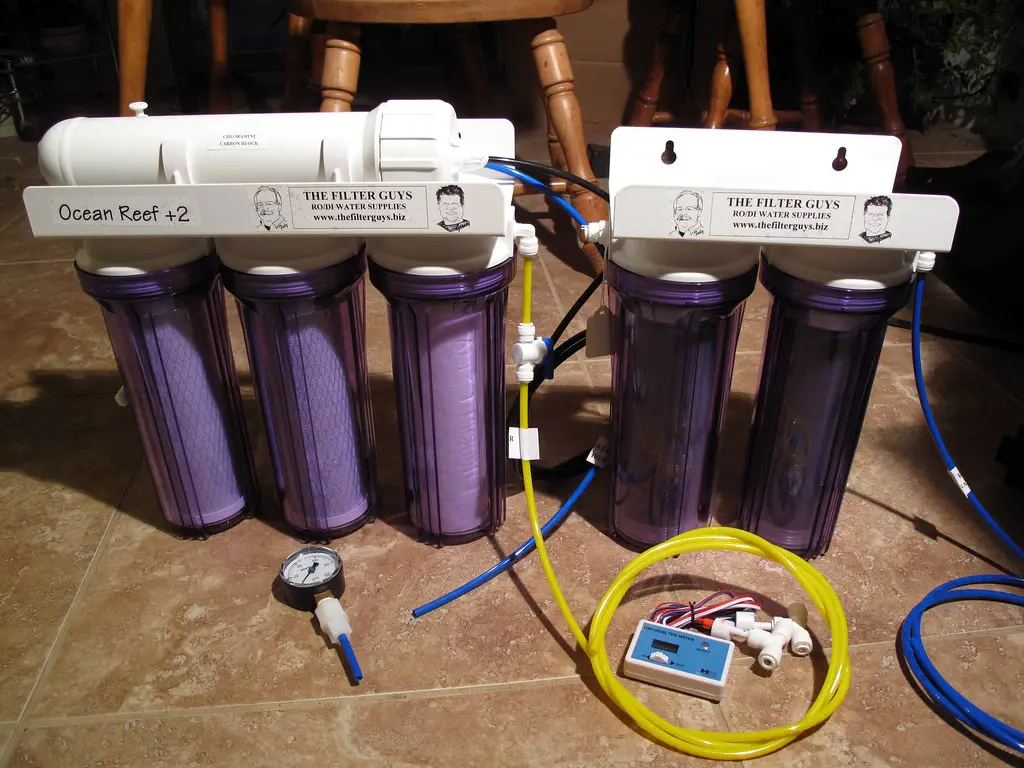
One of the most overlooked aspects of refrigerator maintenance is the filter. According to Good Housekeeping, many people forget to change the water filter in their refrigerator, which can lead to clogged filters and poor water quality. Over time, an old filter can cause the water dispenser to malfunction and even affect the refrigerator’s cooling efficiency. This may not only result in poorer performance but also higher energy bills.
To avoid this, check your refrigerator’s water filter regularly and change it as recommended by the manufacturer—usually every six months. Regular filter replacements keep the water flowing smoothly and ensure the appliance works as efficiently as possible. This simple maintenance task can save you from costly repairs and keep your fridge running smoothly for years.
4. Using the Wrong Detergent in the Washing Machine
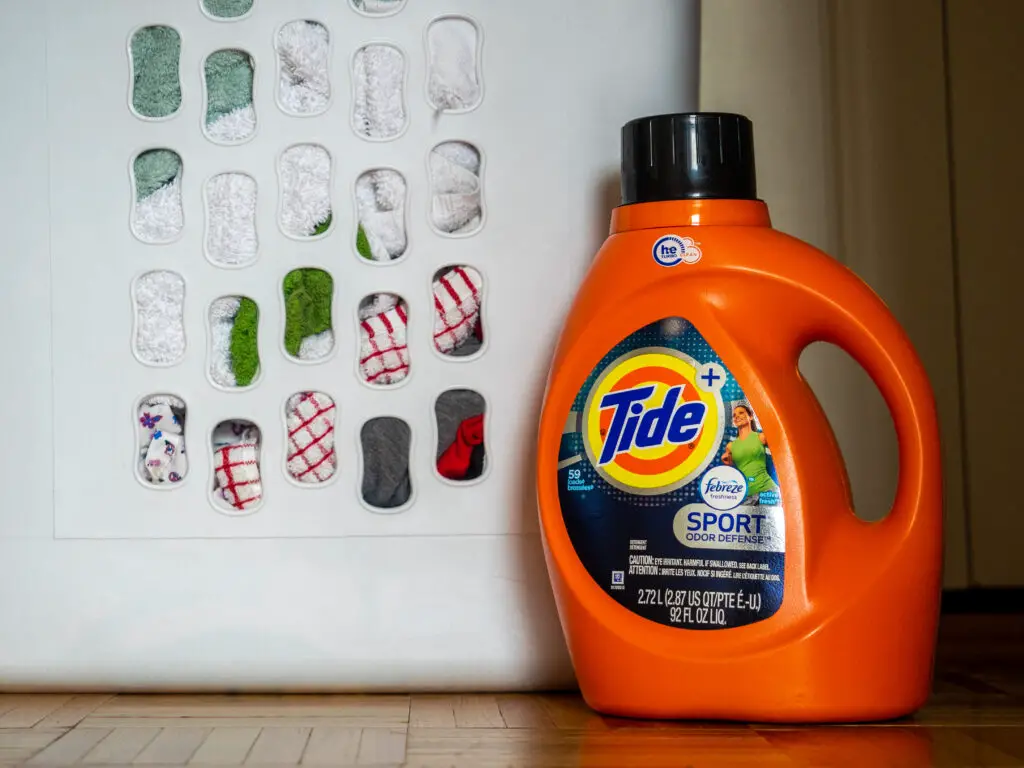
Many people don’t realize that using the wrong detergent in their washing machine can lead to excessive suds, residue buildup, and even damage to internal parts. Apartment Therapy points out that using a non-HE (High Efficiency) detergent in a HE washing machine can cause the washer to overflow with soap suds, which can clog the system and reduce its efficiency. Over time, this can lead to mechanical failure and an overall decrease in the performance of your washing machine.
Always use the type of detergent recommended for your machine, whether it’s HE detergent for HE washers or regular detergent for standard models. Additionally, be sure to measure the detergent properly to avoid overuse. This helps ensure that your washing machine runs smoothly and avoids costly repairs down the road.
5. Not Cleaning the Dryer Vent
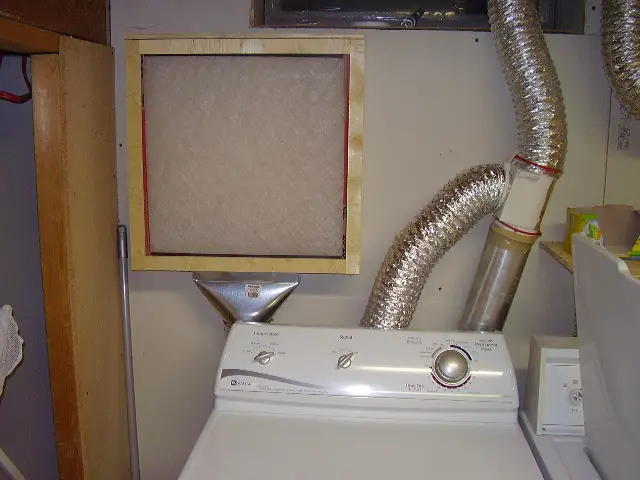
One of the most dangerous and damaging habits for dryers is neglecting the vent. Over time, lint and debris can build up in the dryer vent, causing the appliance to overheat and work less efficiently. In fact, failure to clean the dryer vent is one of the leading causes of house fires. If you leave lint buildup unchecked, it can also lead to longer drying times and higher energy consumption.
To keep your dryer functioning properly, clean the lint trap after every use and periodically check the vent for any buildup. It’s also important to schedule a professional cleaning of the dryer vent at least once a year. This reduces the risk of fire, improves efficiency, and prolongs the lifespan of your dryer.
6. Using Too Much Laundry Detergent
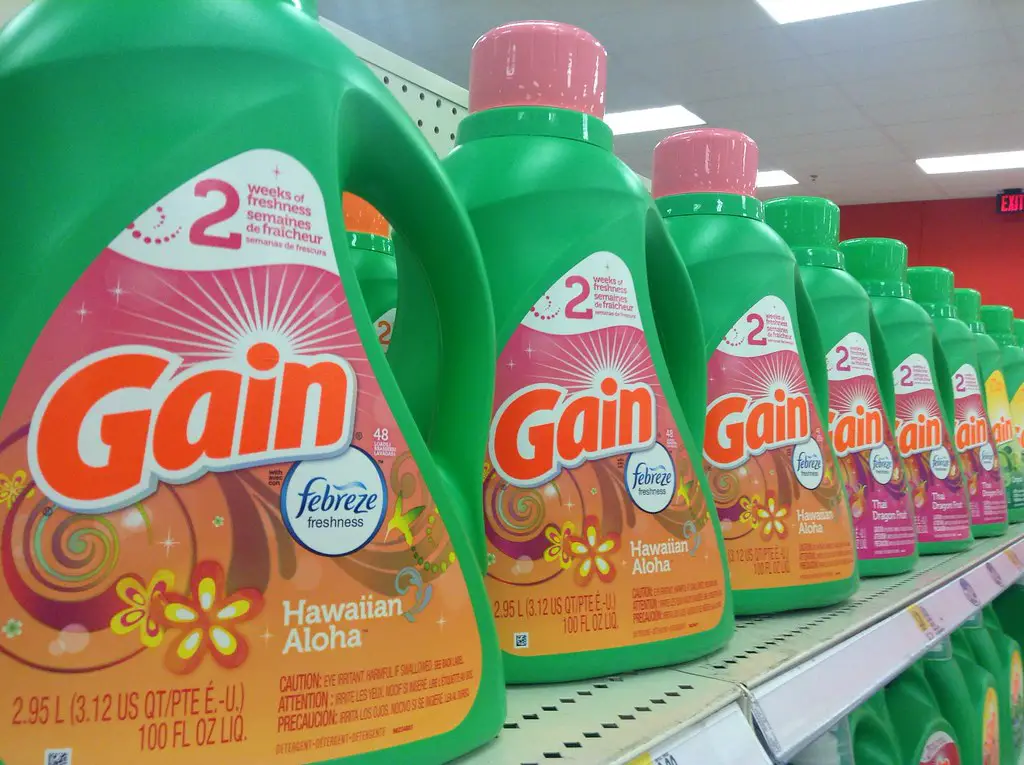
While it might seem like more detergent will get your laundry cleaner, using too much can actually damage your washing machine and lead to detergent buildup. Over time, this residue can accumulate inside the machine, causing mold, unpleasant odors, and potential damage to the washing machine’s components. Excess detergent can also create excess suds, which the washer struggles to rinse away.
To avoid this, always use the amount of detergent recommended by the manufacturer and adjust based on the load size. Using too much detergent can create unnecessary problems and reduce the effectiveness of your appliance. A little less detergent can actually improve your washing machine’s performance and save you money on repairs.
7. Using Sharp Objects on Your Cooktop
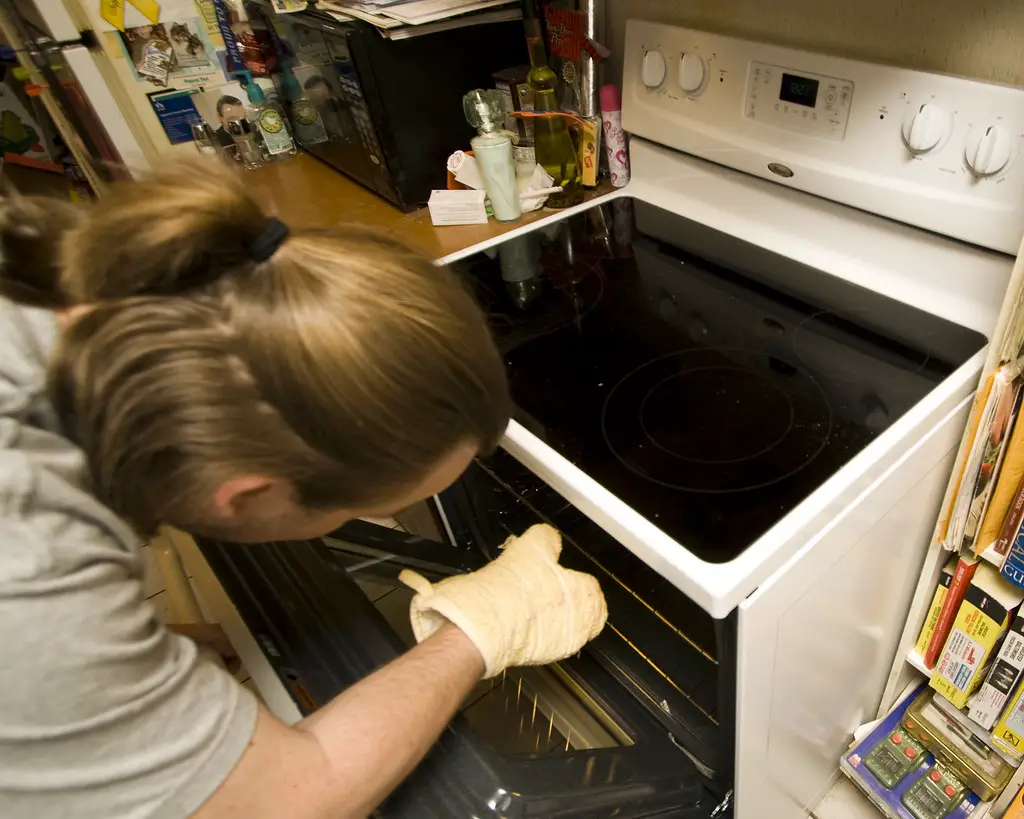
Cooktops, especially glass and ceramic models, can easily be scratched or damaged by sharp objects, such as metal spatulas or knives. Even minor scratches on these surfaces can compromise the cooktop’s appearance and function. Over time, these scratches can make it harder to clean the surface and lead to cracks or chips that require expensive repairs.
To protect your cooktop, always use utensils with soft edges or silicone spatulas to avoid damaging the surface. Clean the cooktop regularly with a non-abrasive cleaner and soft cloth to prevent food buildup that could cause scratches. With just a little care, your cooktop can stay in pristine condition for years to come.
8. Not Regularly Defrosting Your Freezer
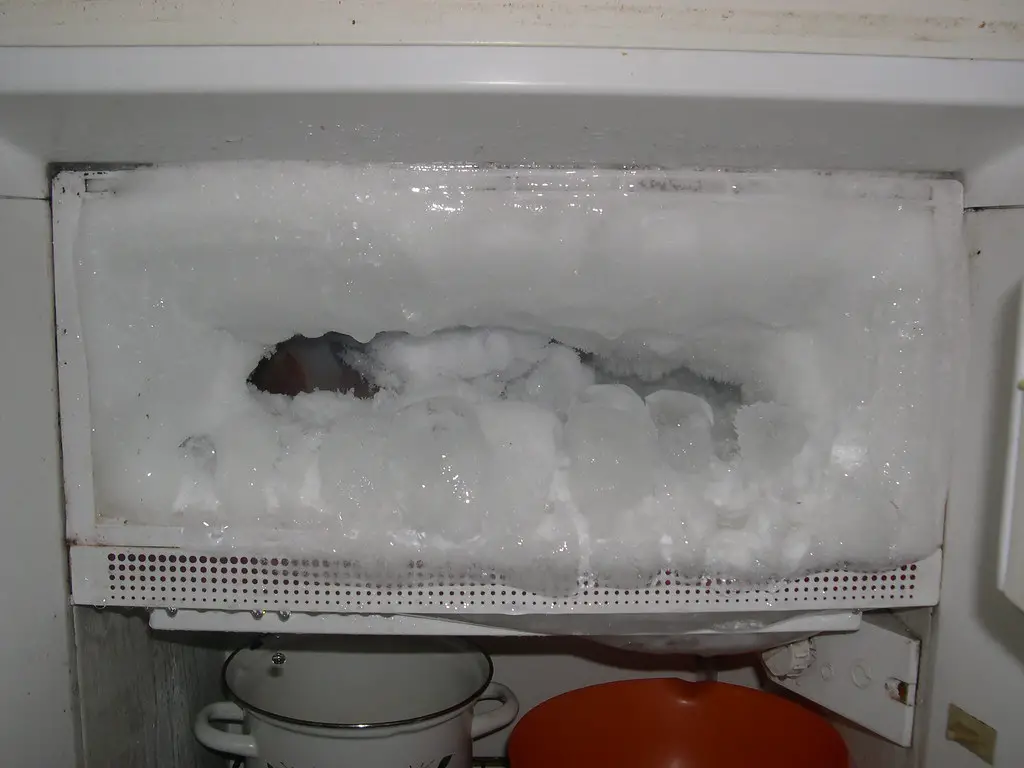
Many people neglect to defrost their freezer, assuming that it will maintain its efficiency without any intervention. However, failing to defrost can cause ice buildup, which reduces the available storage space and forces the freezer to work harder to maintain a consistent temperature. This leads to higher energy consumption and potential wear on the compressor.
To keep your freezer in top condition, defrost it regularly and remove any ice buildup. This not only improves efficiency but also extends the lifespan of the appliance. Following the manufacturer’s guidelines for defrosting will ensure your freezer works as efficiently as possible, saving you money on your energy bill.
9. Overheating the Coffee Maker
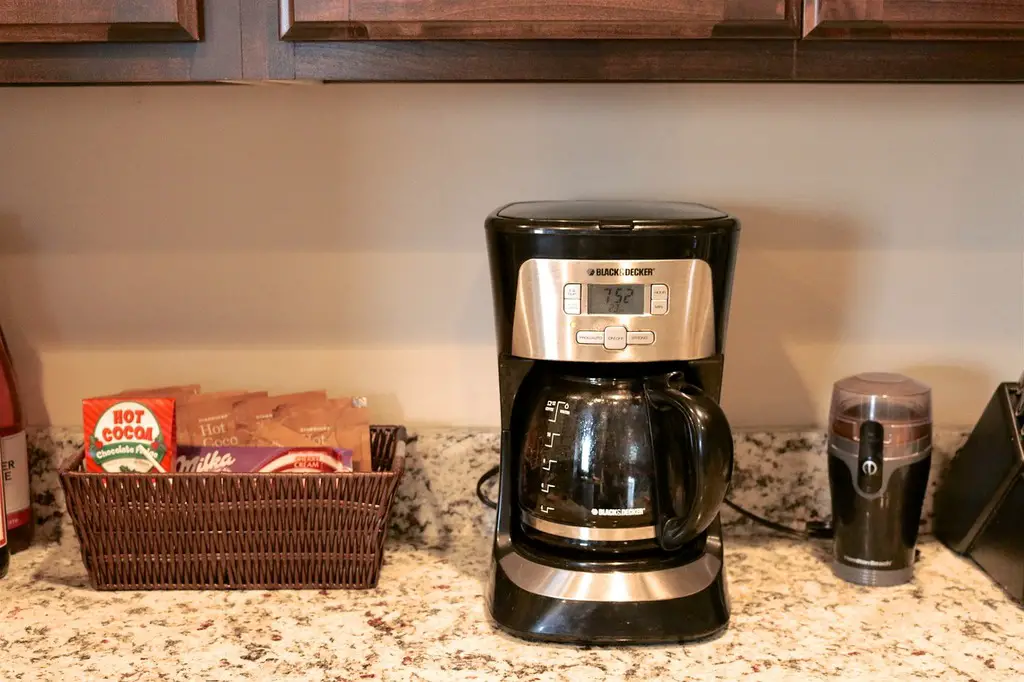
A common habit that can damage coffee makers is overheating them. Leaving the coffee maker on for too long after brewing can cause the internal components to wear out prematurely. Coffee makers rely on consistent heating, and extended exposure to heat can cause plastic components to crack and wiring to deteriorate.
To avoid this, always turn off the coffee maker as soon as you’re done brewing. Consider models that have an automatic shut-off feature to ensure it powers down after brewing. This small habit can go a long way in extending the lifespan of your coffee maker.
10. Using Excessive Water on Plants
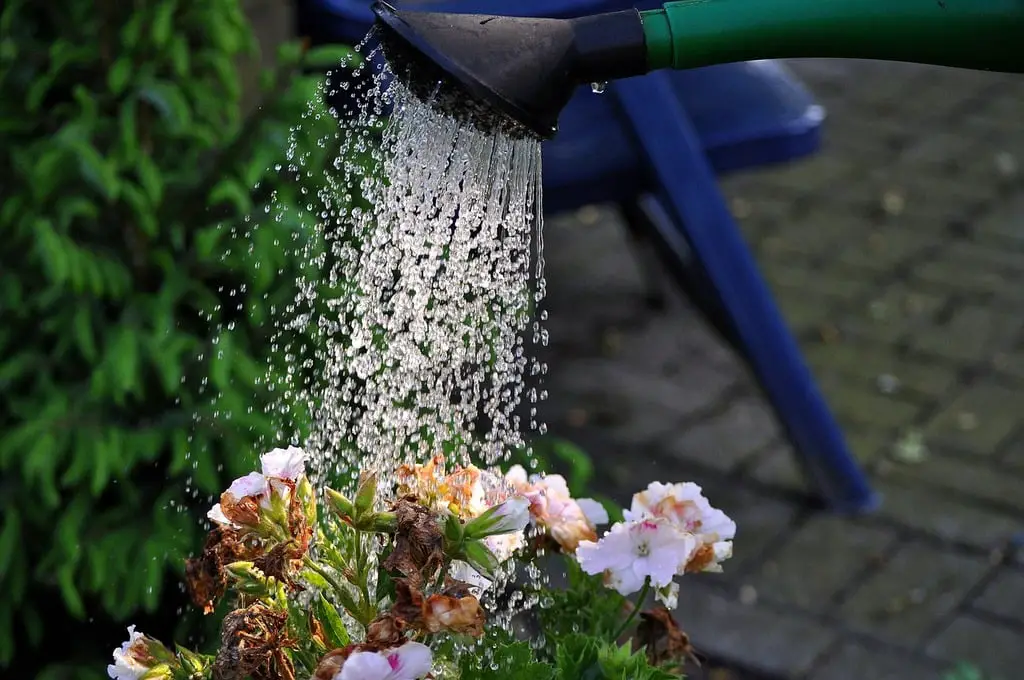
While it’s important to keep plants hydrated, overwatering them can cause water damage to appliances like humidifiers or refrigerators with plant accessories. Too much water can leak into electrical components, causing rust and even breakdowns. Additionally, excessive moisture can create ideal conditions for mold growth, which can affect the performance of nearby appliances.
To avoid this, use proper watering techniques for your plants and avoid excess water. Be sure your humidifier or refrigerator plant compartment is kept dry and cleaned regularly. Proper water management can prevent costly damage to your appliances while keeping your plants healthy.
11. Not Using the Correct Oven Rack Position
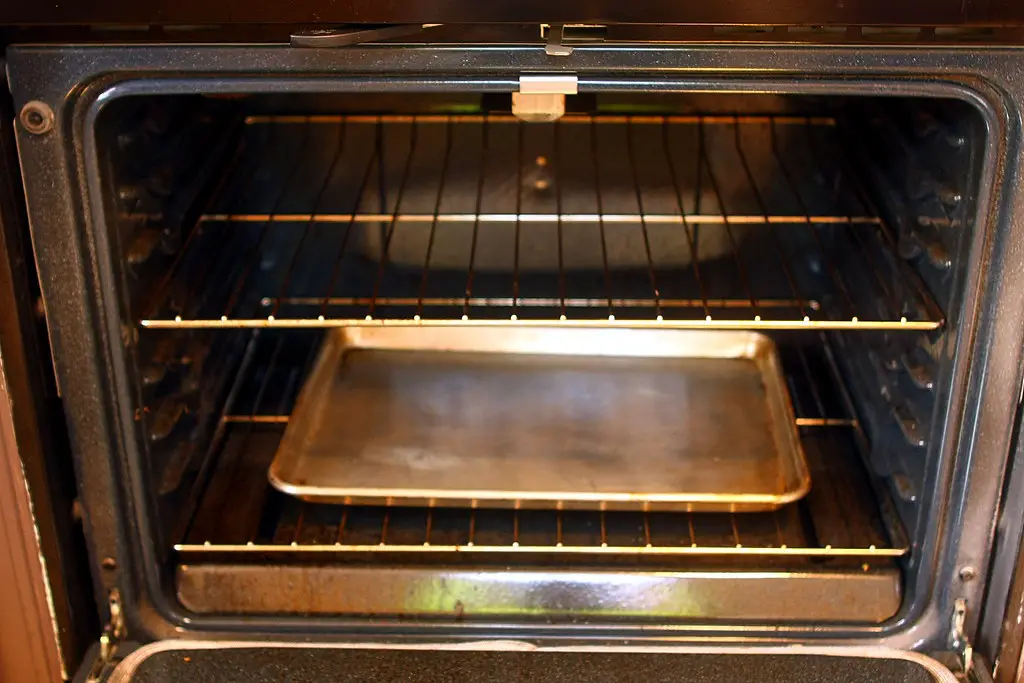
Many people use the wrong oven rack position for certain types of baking, which can result in uneven cooking and cause strain on the oven. Using an incorrect rack position too frequently can stress the oven’s heating elements, reducing their lifespan.
To make sure your oven is used efficiently, follow the manufacturer’s guidelines for rack positioning. Use the middle rack for even heat distribution, and avoid overcrowding the oven, which can obstruct airflow and cause unnecessary strain. Proper use will keep your oven functioning properly for years.
12. Ignoring the Ice Maker
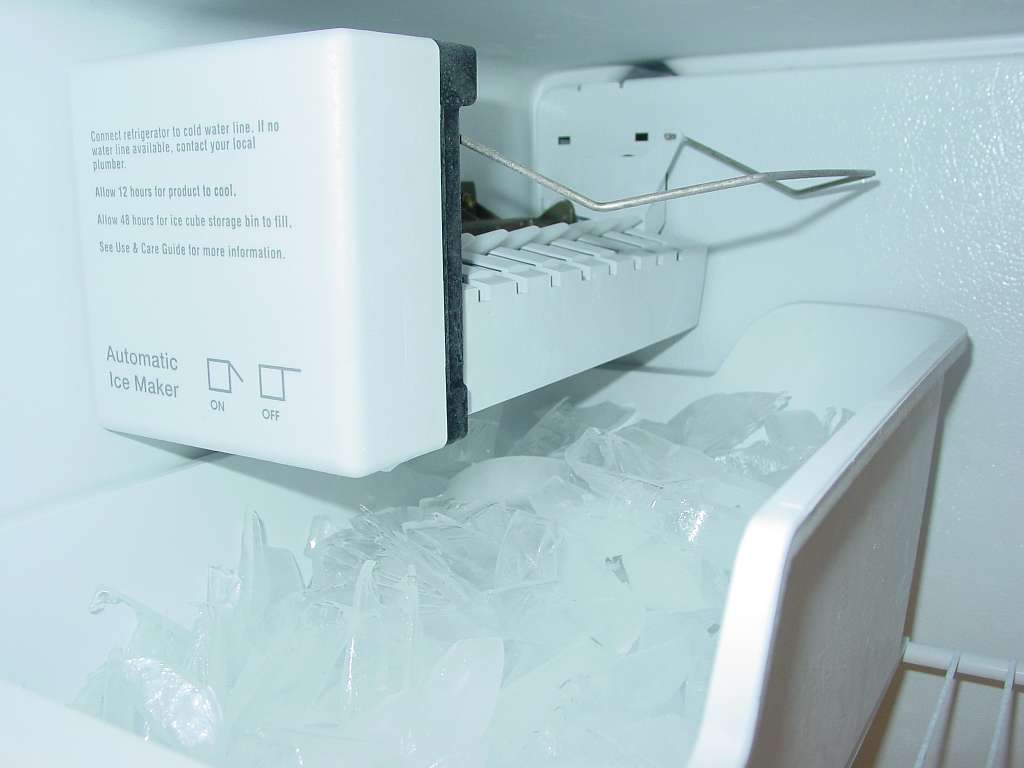
The ice maker in your refrigerator may seem like a convenient addition, but neglecting regular maintenance can lead to problems. Failing to clean the ice maker regularly can result in clogs, mold growth, and poor ice quality. Regular cleaning is essential to maintaining the machine’s performance and ensuring clean, fresh ice.
Make sure to clean the ice maker at least every few months by following the manufacturer’s instructions. Regular cleaning prevents buildup and keeps the appliance running smoothly, extending its lifespan and improving performance.
13. Overuse of Microwave Plastic Containers
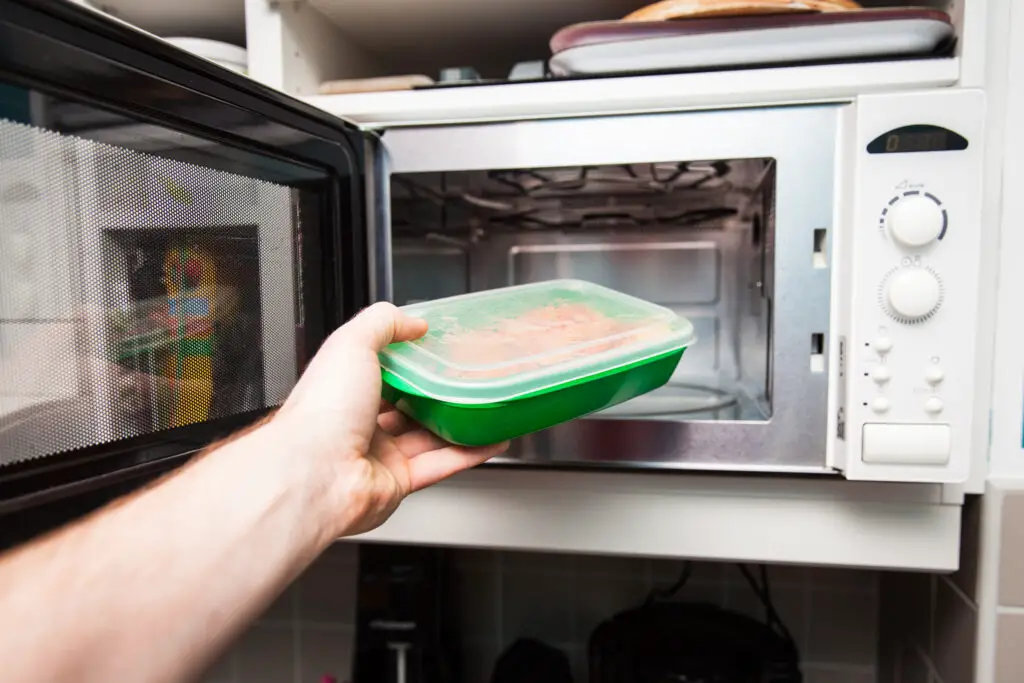
While microwave-safe plastic containers are convenient, frequent use can lead to cracks and even chemical leaching into food. Some plastics break down when exposed to high heat, which may damage the microwave and pose health risks.
To avoid this, use high-quality, microwave-safe containers made of glass or BPA-free plastic. Ensure that the containers are properly vented to allow for heat expansion and to prevent microwave damage. This simple switch can protect both your microwave and your health.
